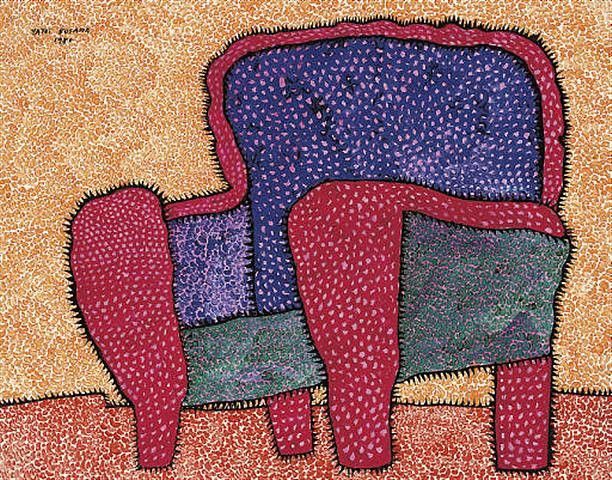Not Comfortable.

At Sunday Sangha yesterday, I shared an excerpt from Ajahn Sucitto’s wonderful talk: The Practice of Inclusivity, which I previously posted here.
I think the talk went pretty well. So for today, I’d like to post a little more.
Sucitto say: “Once you begin to open — to how it is in yourself, in your body, in the world around you — you will feel uncomfortable. (As least as far as I can tell.)
“I don’t think Dhamma practice is comfortable. It’s not a tranquilizer; it’s not a sedative; it’s not an escape. It’s meeting the discomfort of the First Noble Truth…
“As you enter embodied awareness though meditation, it begins to — by the nature of that embodiment — open up a can of worms. Because it’s in this embodied awareness that’s held the distortions of the human predicament. The tensions, the unspoken emotions, the buried memories, the dissonant experiences, the lust, the craving, and so forth….
“To get out of suffering, you have to go into awareness… But of course this is going to take you into a lot of suffering. The First Noble Truth says that this is the path that takes you right into the suffering of being your ‘self.’
“As you recognize the suffering, you’re touching it where the cause of it is not ‘him’ or ‘her’ or ‘them’ — even though you could go there and you could ‘prove’ that — but actually you are going to the place in your heart where the suffering is.
“The Buddha says that if you can do this, if you can stay with it, where you can’t change it, and you can’t change what you’re feeling, and you can’t dump what you’re feeling, and you can’t get over what you’re feeling, and you can’t say: well, I’m past that, or: I’ll get over that; or it doesn’t really matter — if you can meet what arises and not have any strategies for dealing with it or any alternatives — if you just meet what arises, you’re going to meet the very boundaries of yourself — the fear boundary, the intimidation boundary, the not-good-enough boundary, the I-need-more boundary, the I-should-be-able-to-fix-this boundary.
“If you meet those boundaries rather than feed them and give them solutions, then these very boundaries are going to be experienced as dynamic rather than fixed, as something that you can directly apprehend rather than just notional, as something directly in yourself rather than something somebody else did to you yet at the same time is not created by yourself but is imprinted there… If you can do that, and through doing that, allow yourself to feel the suffering — it passes… changes… shifts… releases…
“The Buddha says: If you can do that, this will be the path of deep joy.”
***
The above was edited and condensed. Click here to listen for yourself.
